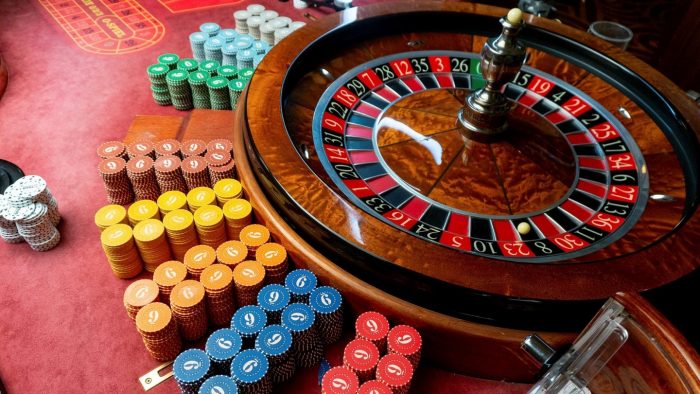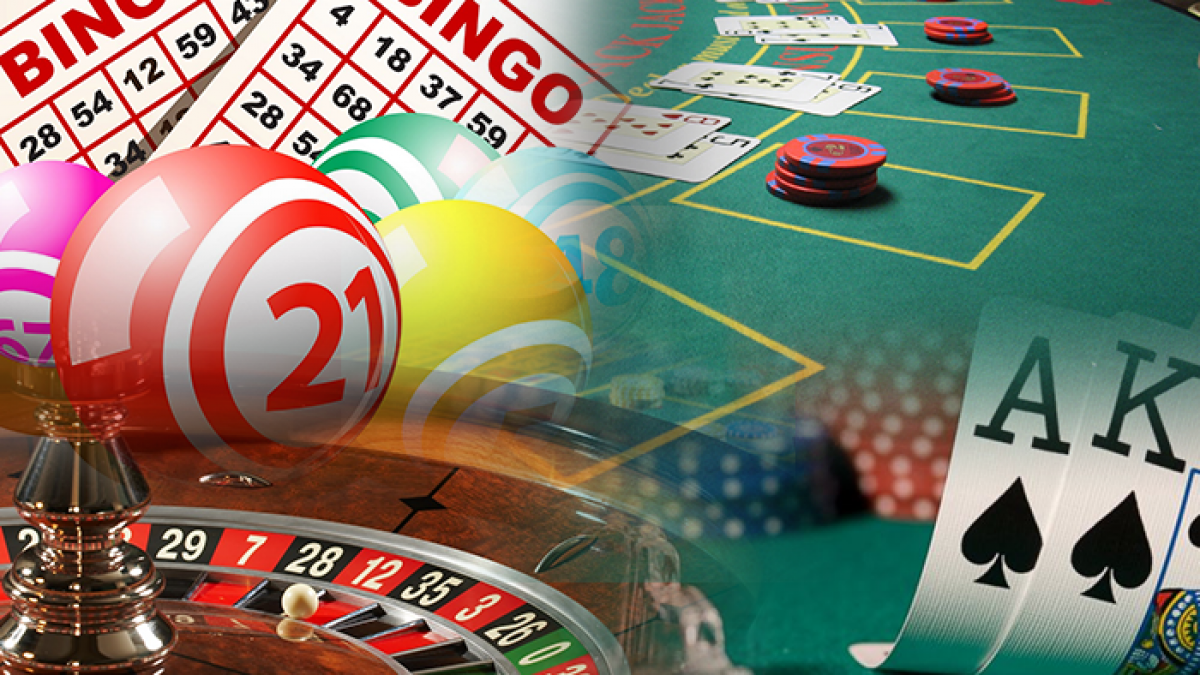Online Casino Betting
Online casino betting has become a popular and convenient way for individuals to enjoy their favorite casino games from the comfort of their own homes. With a vast selection of games to choose from online gambling malaysia, players can experience the thrill and excitement of traditional casinos without the hassle of traveling.
This article will provide an objective and data-driven analysis of the advantages of online casino betting, tips for selecting the best online casino, and strategies for successful gameplay.
The Advantages of Online Casino Betting
One of the major advantages of online casino betting is the convenience it offers to players, allowing them to enjoy their favorite games from the comfort of their own homes. This convenience is particularly appealing in today’s fast-paced world, where time is a precious commodity. With online casino betting, players no longer need to travel to a physical casino, saving both time and money on transportation. They can simply log in to their preferred online casino platform, choose their game, and start playing.
Another advantage of online casino betting is the availability of a wider range of games. Traditional casinos often have limited space and can only offer a certain number of games. However, online casinos have no such limitations. They can host hundreds, if not thousands, of different games, catering to a variety of preferences and tastes. This vast selection ensures that players can always find something they enjoy, whether it’s classic table games, slot machines, or live dealer games.
Furthermore, online casino betting regulations vary from country to country. In some jurisdictions, online casino betting is completely legal and regulated, providing players with a safe and secure environment to enjoy their favorite games. This regulation ensures fair play, protects players’ rights, and ensures the integrity of the games.
The impact of online casino betting on traditional casinos cannot be ignored. With the rise of online gambling platforms, traditional casinos have faced increased competition for customers. Many players now prefer the convenience and variety offered by online casinos, leading to a decline in revenue for traditional establishments. Some casinos have adapted by offering online betting options themselves, but others have struggled to keep up with the changing landscape.
How to Choose the Best Online Casino
When considering options for gambling on the internet, it is crucial to carefully select the most reputable and trustworthy platform. With the increasing popularity of online casinos, it is important to understand the regulations that govern these platforms and the bonuses they offer.
Online casino regulations vary from country to country. It is essential to choose a platform that operates under a legitimate and respected regulatory authority. These regulations ensure that the casino operates fairly and transparently, protecting the interests of the players. Look for platforms licensed by reputable authorities such as the United Kingdom Gambling Commission or the Malta Gaming Authority.
Another important factor to consider when choosing an online casino is the bonuses they offer. Many online casinos provide bonuses to attract new players and retain existing ones. These bonuses can come in various forms, such as welcome bonuses, free spins, or loyalty rewards. It is important to carefully review the terms and conditions associated with these bonuses to ensure they meet your expectations and requirements.
Tips and Strategies for Successful Online Casino Betting
Developing effective strategies and employing sound techniques are essential for maximizing your chances of success in the realm of online gambling. When it comes to online casino betting, two key factors to consider are bankroll management and maximizing bonuses.
Bankroll management is crucial for long-term success in online gambling. It involves setting a budget for your betting activities and sticking to it. By carefully managing your bankroll, you can avoid overspending and minimize the risk of losing more than you can afford. It is recommended to divide your bankroll into smaller units and only bet a small percentage of it on each wager. This way, even if you experience a losing streak, you won’t deplete your entire bankroll and can still continue playing.
Maximizing bonuses is another strategy that can enhance your online casino betting experience. Most online casinos offer various types of bonuses, such as welcome bonuses, deposit bonuses, and free spins. These bonuses can provide extra funds or free plays, giving you more opportunities to win without spending additional money. It is important to read and understand the terms and conditions associated with bonuses to ensure that you can fully benefit from them.
The Most Popular Casino Games in Online Betting
Some of the most popular games in the realm of online gambling include blackjack, poker, and slots. These games have gained immense popularity due to their exciting gameplay and the potential to win big. In recent years, online casinos have introduced live dealer options and mobile casino gaming, which have further enhanced the overall gambling experience.
Live dealer options have revolutionized online gambling by providing players with the opportunity to interact with real dealers in real-time. This technology brings the thrill and authenticity of a physical casino straight to your screen, allowing for a more immersive and engaging gaming experience. Players can engage in live blackjack, roulette, baccarat, and other popular games, all while enjoying the convenience of playing from their own homes.
Mobile casino gaming has also contributed to the popularity of online gambling. With the advancement of technology, players can now access their favorite casino games on their smartphones or tablets. This allows for greater flexibility and freedom, as players can enjoy their favorite games anytime and anywhere. The convenience of mobile gaming has attracted a wider audience, making online gambling more accessible and appealing to a larger player base.
Understanding the Security and Fairness of Online Casino Betting
Ensuring the security and fairness of online gambling is of utmost importance to both players and online casino operators. With the increasing popularity of online casino betting, it is essential to implement effective security measures to protect players’ personal and financial information from potential threats. Online casinos utilize advanced encryption technologies to safeguard sensitive data and prevent unauthorized access. Additionally, reputable online casinos employ third-party auditors to ensure fairness in their games.
One crucial aspect of ensuring fairness in online casino betting is the use of random number generators (RNGs). These algorithms generate random outcomes, making each game result unpredictable and unbiased. RNGs are regularly tested and certified by independent testing agencies to ensure their accuracy and fairness. This provides players with the assurance that the outcomes of their bets are truly random and not manipulated by the casino.
To further enhance security, online casinos employ strict verification processes to verify the identity of their players. This helps prevent fraud and ensures that only legitimate players can participate in the games. Additionally, secure payment methods are implemented to protect players’ financial transactions.
Conclusion
In conclusion, online casino betting offers numerous advantages such as convenience, a wide selection of games, and the opportunity for strategic play.
When choosing an online casino, it is important to consider factors such as reputation, customer support, and licensing.
Implementing effective strategies and understanding the rules of popular casino games can increase the chances of success in online betting.
Lastly, ensuring the security and fairness of online casino betting is crucial for a positive and reliable gambling experience.…










 Playing poker requires increased concentration. You have to follow the action at the table, make calculations, and keep to the distance. You will easily understand that a poker player must be physically and intellectually cool when he wants to attack an online session or participate in a live tournament.
Playing poker requires increased concentration. You have to follow the action at the table, make calculations, and keep to the distance. You will easily understand that a poker player must be physically and intellectually cool when he wants to attack an online session or participate in a live tournament. The link between casino and mafia is not so much a myth as an anachronism. It is true that Las Vegas was partly built in the 1st half of the 20th century thanks to the involvement of organized crime. Today, establishments are no longer run by gangsters but by big companies, more concerned with their ethics. For example, the famous Bellagio, MGM Grand, and Mirage are owned by the MGM Resorts International group.
The link between casino and mafia is not so much a myth as an anachronism. It is true that Las Vegas was partly built in the 1st half of the 20th century thanks to the involvement of organized crime. Today, establishments are no longer run by gangsters but by big companies, more concerned with their ethics. For example, the famous Bellagio, MGM Grand, and Mirage are owned by the MGM Resorts International group.